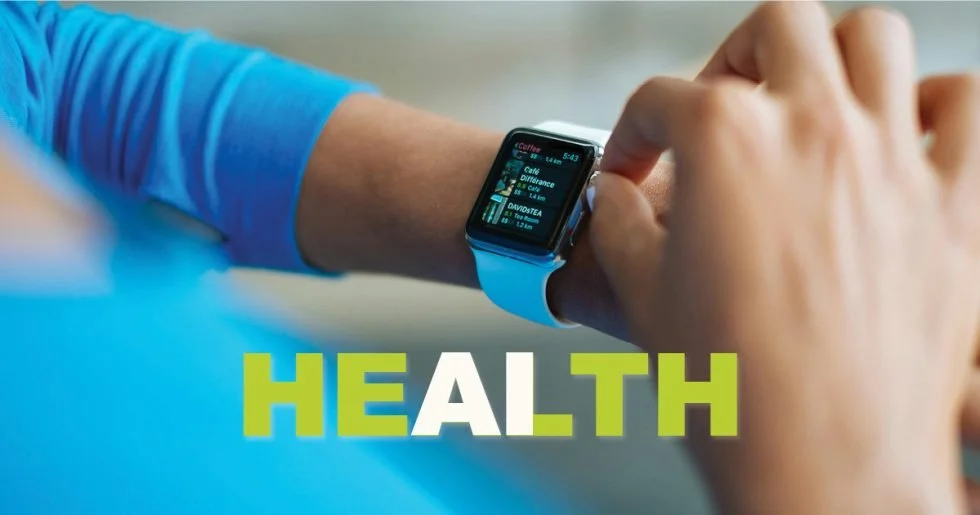Consumers Embrace AI for Health: From Meal Planning to Emotional Support
AI Moves Into Everyday Health Habits
Artificial intelligence is no longer futuristic—it’s part of daily routines. Consumers across all ages are tapping AI for help with meal plans, fitness guidance, emotional support, and even loneliness.
Furthermore, that shift reflects both convenience and a desire for personalization in wellness.
According to a 2025 survey, over one-third of U.S. adults use AI for health-related tasks. That includes meal planning (25%), designing workouts (23%), and emotional support (20%).
Smarter Meal Planning with AI
First, AI-powered nutrition tools are dramatically changing how people plan meals. Apps like Mealmind generate tailored weekly plans, build smart shopping lists, and focus on budget and grocery availability.
Additionally, these platforms reduce food waste and costs. For example, a family cut their grocery bill by more than half using AI to plan meals and limit waste, dropping from hundreds weekly to about $140.
Moreover, across the meal-kit industry, roughly 80% of companies now use AI for personalized menus; retention rates have climbed 25% and food waste dropped 15%.
Accuracy, Trust & Limitations
However, experts warn that AI-generated meal plans aren’t perfect. While convenient, they may lack creativity and occasionally omit crucial details like accurate portion sizes.
Also, dietitians note up to 15% of AI-suggested ingredient quantities contain errors—say grams instead of milligrams—which emphasizes the need for human oversight.
Still, nutritionists recognize AI’s potential. Sixty-five percent of dietitians use AI tools, and many believe that it significantly enhances personalized dietary recommendations.
AI for Emotional Support & Mental Wellness
Meanwhile, AI companions now play a role in emotional care. Teens and seniors alike are seeking support from empathetic chatbots—especially when human interaction is limited.
A study of teens found 72% have used an AI companion, with over 50% using them regularly. About one-third turn to AI for emotional support—sometimes more than they confide in friends.
Also, among older adults, 78% use AI assistants like voice-based companions. Many report reduced feelings of loneliness and improved mental health.
How Platforms Enhance Emotional Experience
Moreover, AI programs designed for cognitive and emotional support—such as those using CBT principles or human-in-the-loop feedback—boost empathy and reduce mental distress.
And platforms like CareYaya’s QuikTok let seniors talk with AI over the phone—no smartphone required. It offers companionship while tracking early signals of cognitive issues.
The Rise of AI Health Coaches
Furthermore, big tech and wellness brands are crafting AI coaches focused on behavior change. For example, Thrive Global recently worked with OpenAI to launch an AI coach that delivers personalized suggestions across sleep, stress, nutrition, exercise, and social habits.
Those tools aim to make daily healthy decisions more accessible through mindfulness, real-time feedback, and habit nudges.
Who Benefits & Why It Works
First, busy consumers benefit from AI’s speed. Getting tailored plans and tips in seconds helps when time or mental energy is low.
Also, people with limited access to experts—whether because of cost or location—gain support via AI platforms.
Moreover, AI systems are improving: some use real-time meal detection (like NutrifyAI), biometric feedback, or genetic data to refine plans over time.
Also, health startups report increased user engagement and improved adherence when AI recommendations align with lifestyle goals—boosting motivation and accountability.
Things to Watch Out For
However, AI has limits. Nutrition experts caution that general-purpose chatbots may lack nuance and occasionally hallucinate incorrect data.
Likewise, emotional AI companions may offer comfort—but risk creating echo chambers that neglect real human connection and emotional growth.
Also, privacy remains a concern. Many users share personal details with AI platforms—raising questions about data usage and consent.
Best Practices for Using AI as a Tool
To get the best outcome:
Be specific in your prompts: include dietary restrictions, mood goals, calorie targets, and preferences.
Treat AI output as a draft: verify portion sizes and nutritional values, especially if using for health conditions.
Use AI alongside human guidance for complex cases.
Protect your data: check platform privacy policies before sharing sensitive information.
Looking Ahead
Looking at the trend, 68% of consumers believe AI will play an even larger role in health management going forward.
Plus, the market for AI-driven personalized nutrition is projected to reach $23 billion by 2027, showing a growing appetite for tailored wellness tools.
Final Thoughts
Ultimately, AI offers accessible, personalized tools for health management—from planning meals to managing mood. It’s fast, convenient, and increasingly sophisticated.
But it’s not a replacement for professionals or human relationships. Best results come when AI is used thoughtfully—supported by expert oversight and genuine human connection.
So if you're curious, start with small steps—try meal planning with an AI assistant or experiment with an AI mood-checker. Then see how it supports, not replaces, your wellness journey.
